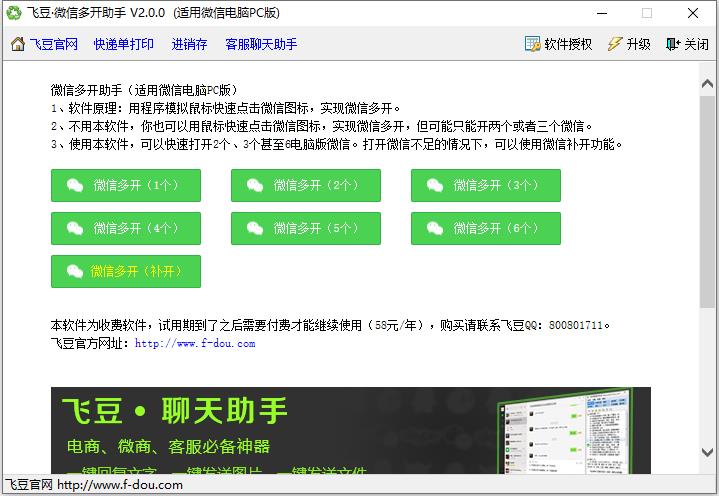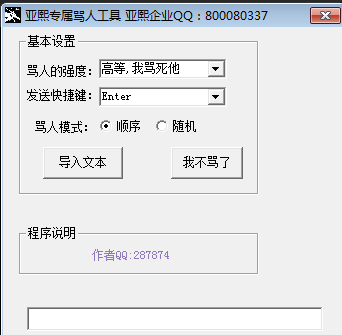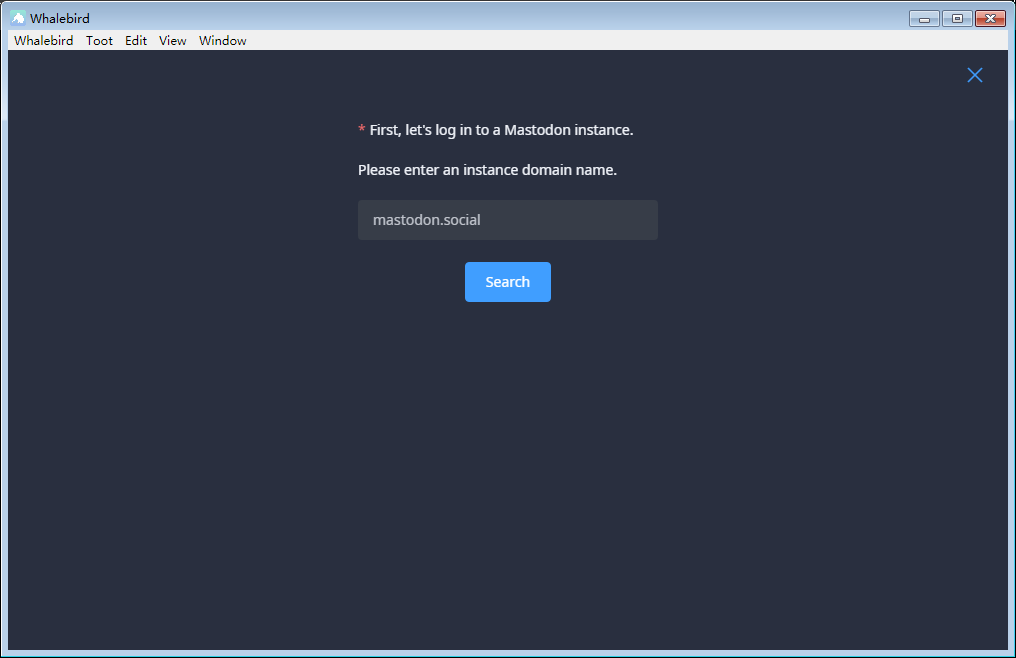workerman定时器使用(附示例代码)
时间:2019-11-26 14:29
下面由workerman php教程栏目给大家介绍workerman定时器使用方法,希望对需要的朋友有所帮助!

Workerman是一个高性能的socket服务器通讯框架,用于快速开发各种网络应用,包括tcp的、udp的、长连接、短连接应用。下面我们来介绍一下workerman定时器使用。
add
int \Workerman\Lib\Timer::add(float $time_interval, callable $callback [,$args = array(), bool $persistent = true])
定时执行某个函数或者类方法
参数
time_interval:多长时间执行一次,单位秒,支持小数,可以精确到0.001,即精确到毫秒级别。
callback:回调函数注意:如果回调函数是类的方法,则方法必须是public属性
args:回调函数的参数,必须为数组,数组元素为参数值
persistent:是否是持久的,如果只想定时执行一次,则传递false(只执行一次的任务在执行完毕后会自动销毁,不必调用Timer::del())。默认是true,即一直定时执行。
返回值
返回一个整数,代表计时器的timerid,可以通过调用Timer::del($timerid)销毁这个计时器。
示例
1、定时函数为匿名函数(闭包)
use \Workerman\Worker;
use \Workerman\Lib\Timer;
require_once './Workerman/Autoloader.php';
$task = new Worker();
// 开启多少个进程运行定时任务,注意多进程并发问题
$task->count = 1;
$task->onWorkerStart = function($task)
{
// 每2.5秒执行一次
$time_interval = 2.5;
Timer::add($time_interval, function()
{
echo "task run\n";
});
};
// 运行worker
Worker::runAll();2、定时函数为普通函数
require_once './Workerman/Autoloader.php';
use \Workerman\Worker;
use \Workerman\Lib\Timer;
// 普通的函数
function send_mail($to, $content)
{
echo "send mail ...\n";
}
$task = new Worker();
$task->onWorkerStart = function($task)
{
$to = 'workerman@workerman.net';
$content = 'hello workerman';
// 10秒后执行发送邮件任务,最后一个参数传递false,表示只运行一次
Timer::add(10, 'send_mail', array($to, $content), false);
};
// 运行worker
Worker::runAll();3、定时函数为类的方法
require_once './Workerman/Autoloader.php';
use \Workerman\Worker;
use \Workerman\Lib\Timer;
class Mail
{
// 注意,回调函数属性必须是public
public function send($to, $content)
{
echo "send mail ...\n";
}
}
$task = new Worker();
$task->onWorkerStart = function($task)
{
// 10秒后发送一次邮件
$mail = new Mail();
$to = 'workerman@workerman.net';
$content = 'hello workerman';
Timer::add(10, array($mail, 'send'), array($to, $content), false);
};
// 运行worker
Worker::runAll();4、定时函数为类方法(类内部使用定时器)
require_once './Workerman/Autoloader.php';
use \Workerman\Worker;
use \Workerman\Lib\Timer;
class Mail
{
// 注意,回调函数属性必须是public
public function send($to, $content)
{
echo "send mail ...\n";
}
public function sendLater($to, $content)
{
// 回调的方法属于当前的类,则回调数组第一个元素为$this
Timer::add(10, array($this, 'send'), array($to, $content), false);
}
}
$task = new Worker();
$task->onWorkerStart = function($task)
{
// 10秒后发送一次邮件
$mail = new Mail();
$to = 'workerman@workerman.net';
$content = 'hello workerman';
$mail->sendLater($to, $content);
};
// 运行worker
Worker::runAll();5、定时函数为类的静态方法
require_once './Workerman/Autoloader.php';
use \Workerman\Worker;
use \Workerman\Lib\Timer;
class Mail
{
// 注意这个是静态方法,回调函数属性也必须是public
public static function send($to, $content)
{
echo "send mail ...\n";
}
}
$task = new Worker();
$task->onWorkerStart = function($task)
{
// 10秒后发送一次邮件
$to = 'workerman@workerman.net';
$content = 'hello workerman';
// 定时调用类的静态方法
Timer::add(10, array('Mail', 'send'), array($to, $content), false);
};
// 运行worker
Worker::runAll();6、定时函数为类的静态方法(带命名空间)
namespace Task;
require_once './Workerman/Autoloader.php';
use \Workerman\Worker;
use \Workerman\Lib\Timer;
class Mail
{
// 注意这个是静态方法,回调函数属性也必须是public
public static function send($to, $content)
{
echo "send mail ...\n";
}
}
$task = new Worker();
$task->onWorkerStart = function($task)
{
// 10秒后发送一次邮件
$to = 'workerman@workerman.net';
$content = 'hello workerman';
// 定时调用带命名空间的类的静态方法
Timer::add(10, array('\Task\Mail', 'send'), array($to, $content), false);
};
// 运行worker
Worker::runAll();7、定时器中销毁当前定时器(use闭包方式传递$timer_id)
use \Workerman\Worker;
use \Workerman\Lib\Timer;
require_once './Workerman/Autoloader.php';
$task = new Worker();
$task->onWorkerStart = function($task)
{
// 计数
$count = 1;
// 要想$timer_id能正确传递到回调函数内部,$timer_id前面必须加地址符 &
$timer_id = Timer::add(1, function()use(&$timer_id, &$count)
{
echo "Timer run $count\n";
// 运行10次后销毁当前定时器
if($count++ >= 10)
{
echo "Timer::del($timer_id)\n";
Timer::del($timer_id);
}
});
};
// 运行worker
Worker::runAll();8、定时器中销毁当前定时器(参数方式传递$timer_id)
require_once './Workerman/Autoloader.php';
use \Workerman\Worker;
use \Workerman\Lib\Timer;
class Mail
{
public function send($to, $content, $timer_id)
{
// 临时给当前对象添加一个count属性,记录定时器运行次数
$this->count = empty($this->count) ? 1 : $this->count;
// 运行10次后销毁当前定时器
echo "send mail {$this->count}...\n";
if($this->count++ >= 10)
{
echo "Timer::del($timer_id)\n";
Timer::del($timer_id);
}
}
}
$task = new Worker();
$task->onWorkerStart = function($task)
{
$mail = new Mail();
// 要想$timer_id能正确传递到回调函数内部,$timer_id前面必须加地址符 &
$timer_id = Timer::add(1, array($mail, 'send'), array('to', 'content', &$timer_id));
};
// 运行worker
Worker::runAll();9、只在指定进程中设置定时器
一个worker实例有4个进程,只在id编号为0的进程上设置定时器。
use Workerman\Worker;
use Workerman\Lib\Timer;
require_once './Workerman/Autoloader.php';
$worker = new Worker();
$worker->count = 4;
$worker->onWorkerStart = function($worker)
{
// 只在id编号为0的进程上设置定时器,其它1、2、3号进程不设置定时器
if($worker->id === 0)
{
Timer::add(1, function(){
echo "4个worker进程,只在0号进程设置定时器\n";
});
}
};
// 运行worker
Worker::runAll();更多workerman知识请关注workerman教程栏目。
以上就是workerman定时器使用(附示例代码)的详细内容,更多请关注gxlsystem.com其它相关文章!



























